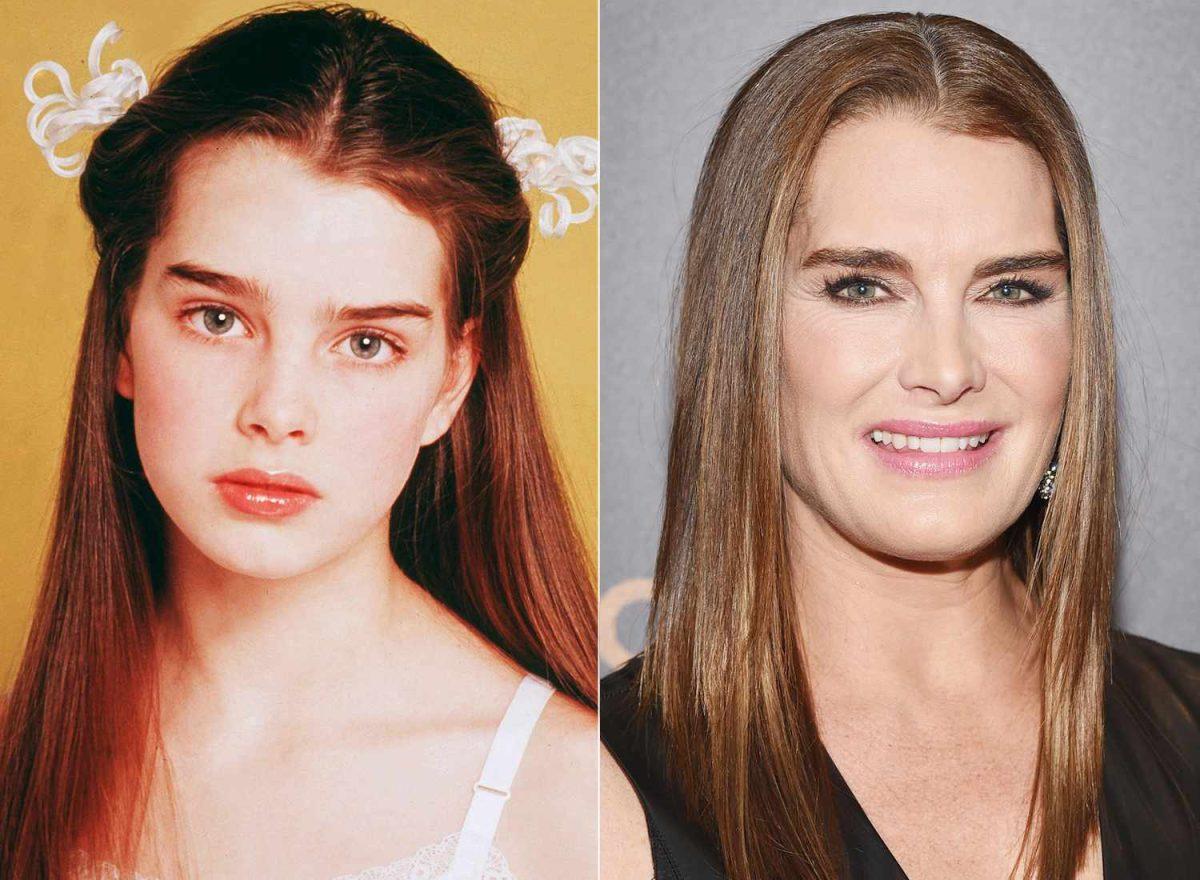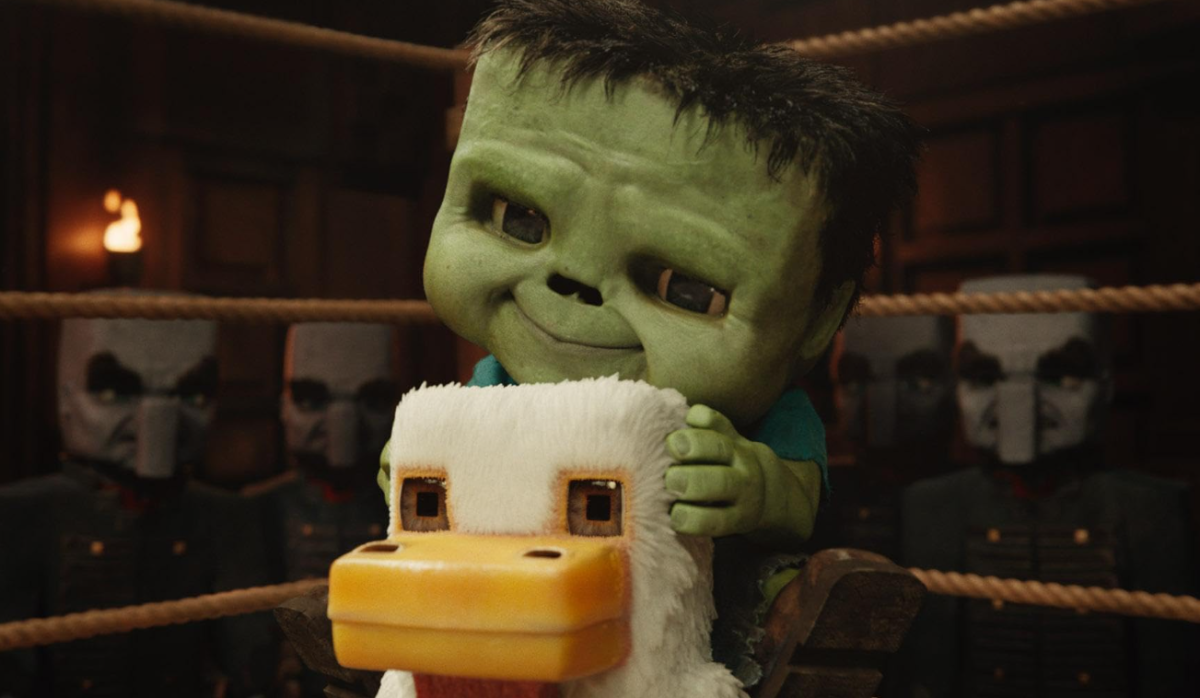In the era of the #MeToo movement and ongoing conversations about the sexualization of children in the entertainment industry, a new documentary about Brooke Shields, the child actor who rose to fame in the 1970s, has rekindled spirited debate on both sides of the culture war.
Titled “Pretty Baby: Brooke Shields,” the documentary delves into the life and career of Shields, who was thrust into the spotlight at a young age and faced controversy over her sexualized image. I have been eagerly anticipating this documentary, which sheds light on Shields’ story and the larger conversation about children in the entertainment industry. I was first acquainted with Shields through her film “Blue Lagoon,” which I watched when I was too young to understand what was going on. Through podcasts and press interviews leading up to the release of the documentary, Shields has been open about her experiences, providing insights into the complexities of child stardom and the effects it had on her life, but also standing firm in her choices.
One of the strengths of “Pretty Baby: Brooke Shields” is its contemporary relevance. Even though Shields’ rise to fame happened decades ago, the issues surrounding her story still resonate in today’s zeitgeist. The documentary delves into how Shields’ image was carefully crafted and marketed by the entertainment industry, which capitalized on her youthful beauty and sexual appeal to create a public persona that was both celebrated and scrutinized. The documentary raises important questions about the responsibility of the entertainment industry in promoting child actors and the influence it can have on their physical and mental well-being.
The documentary also delves into Shields’ relationship with her mother, Teri Shields, who acted as her manager and played a pivotal role in shaping her career. Teri Shields has been widely criticized for her controversial parenting decisions, including allowing her daughter to pose in provocative photo shoots and appear in controversial films at a young age — like “Blue Lagoon” and the eponymous “Pretty Baby.” The documentary portrays their relationship as complex, showcasing both the love and support Teri Shields had for her daughter, as well as the challenges and pressures she faced in navigating the entertainment industry.
“Pretty Baby: Brooke Shields” also features interviews with industry insiders and fellow child actors, who provide valuable perspectives on the challenges and dilemmas faced by child stars. The documentary touches on the difficulties of navigating fame and growing up in the public eye, as well as the blurred lines between childhood and adulthood in the entertainment industry.
Another strength of the documentary is its balanced approach to the subject matter. It presents multiple perspectives on the issue of child stardom, allowing viewers to form their own opinions. While some argue that Shields’ early sexualization was exploitative and damaging, others believe that it was a reflection of the times and the norms of the entertainment industry at that time. It is the latter view that Shields adopts, and at the end of the documentary series, Shields’s daughters push back on this perspective. The documentary presents these contrasting viewpoints, allowing viewers to engage in a nuanced and thought-provoking conversation about the complexities of child stardom.
The documentary is also visually compelling, featuring archival footage and photographs that provide a glimpse into Shields’ early years in the industry. The juxtaposition of Shields’ innocent childhood moments with her sexualized public image creates a stark contrast, emphasizing the challenges and contradictions of being a child star. The documentary also includes interviews with Shields herself, who reflects on her experiences with candor and vulnerability, adding a personal touch to the story. By the time Shields’s daughters enter the conversation at the series’ end, we as an audience can feel it is not without trepidation and care. But this glimpse provides a necessary touch point, inviting viewers to consider what lessons can be learned from Shields’s story and applied to our own lives, our own families.










